Na Vakatawase : Fiji’s New Year's Traditions
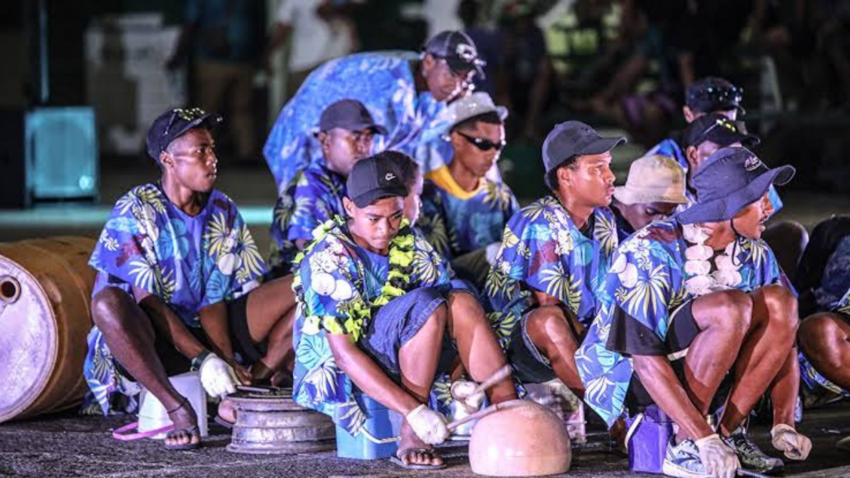
In Fiji, the arrival of the New Year is marked by a unique celebration known as Na Vakatawase, which translates to "The Division" or "The Separation."
This name symbolizes the division of the old year from the new, a ritual to both honor the year that has passed and rejoice in the possibilities of the year to come. As the clock strikes twelve, families gather to reflect on the year that has passed and to give thanks for the blessings they've received. Once the church service is over, the celebrations take a lively turn with the tradition of Veisui and Vakamamaca, both of which are closely linked to the idea of cleansing and renewal.
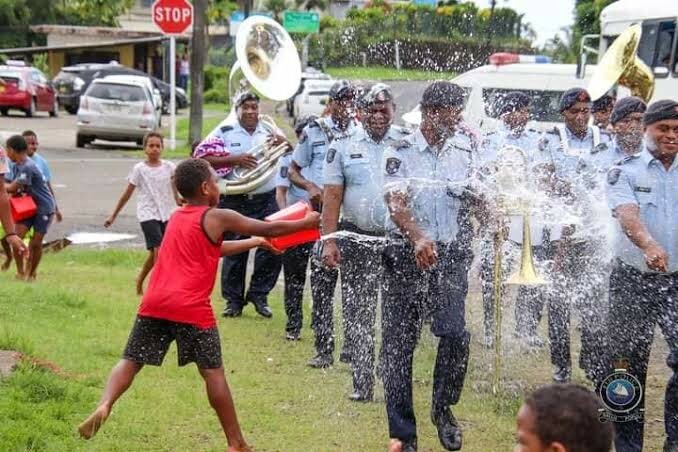
Veisui (meaning 'to splash water') involves splashing water on friends, family, and even strangers. This practice is believed to wash away the sins or misdeeds of the past year, symbolizing a fresh start and the cleansing of the soul. It's a playful and joyful act, often done with much laughter and camaraderie.
Vakamamaca (meaning 'to dry') is the follow-up to Veisui. After being splashed with water, people are dried off, either with towels or, more traditionally, with dry clothes or fabric wrapped around them. This step signifies the restoration and protection of a person’s spirit as they enter the new year.
For many young Fijians, one of the most eagerly anticipated traditions of Na Vakatawase is the practice of Qiri Kava. This tradition involves children—sometimes entire villages—coming together to make a joyful noise. Qiri means "to sound" or "to beat," and Kava refers to the use of tins, cans, or corrugated iron sheets as percussion instruments.
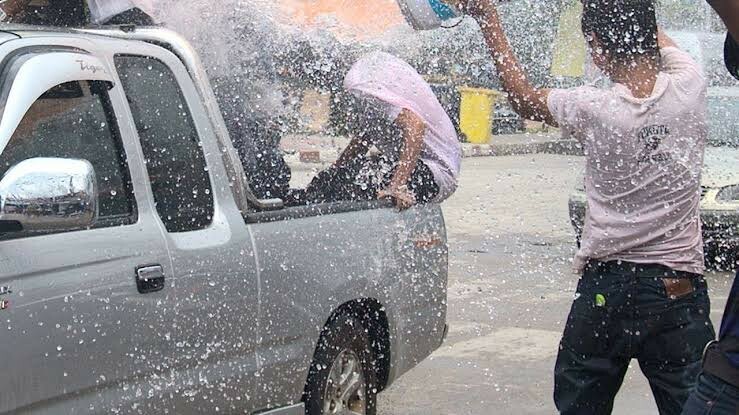
In regions where large indigenous bamboo species—known as Bitu dina—grow, locals cut the bamboo into long sections, typically a meter or more in length. A hole is drilled in one side of the bamboo, and a fuse is inserted to create a makeshift cannon. The cannon is ignited using kerosene, and the resulting sound can be heard echoing through the valleys of regions like Naitasiri and parts of mainland Viti Levu, as well as the secondary islands where the bamboo is plentiful.
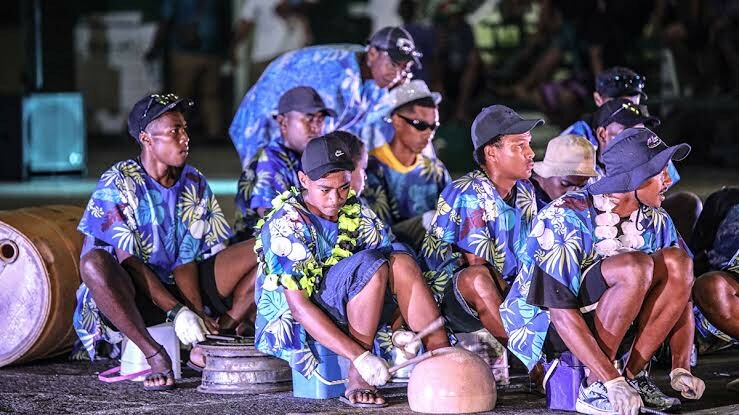
Unlike the typical one- or two-day celebrations seen in many parts of the world, Fijians often carry the festive spirit of Na Vakatawase well into the following month, sometimes even as far as mid-February. The streets are filled with the sounds of water fights, rhythmic drumming, and the occasional Dakai Bitu explosion. For those who aren’t fond of getting wet, it's best to stay indoors—unless you want to become part of the water fight! In fact, staying dry during Na Vakatawase can be a challenge.
My childhood was spent in the village of Nakobo in Vanua Levu, where traditions run deep, Na Vakatawase will forever remain a core memory for me, running through the village trying to avoid being dragged to the water by my 'tavales' (cousins), it was a time when everyone—no matter how young or old—came together to celebrate life, to cleanse away the past, and to welcome the future with open arms and a soaking wet smile.
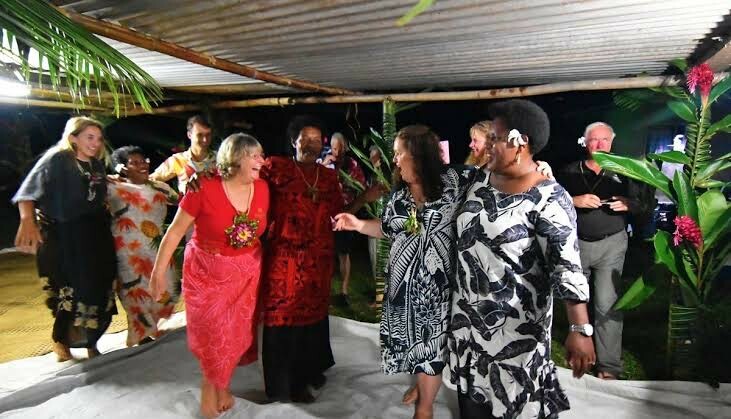
If you do find yourself in Fiji during the New Year, my advice would be simple: soak it all in. Whether you're getting splashed with water or joining in the village drum circle, these moments are fleeting but unforgettable.
